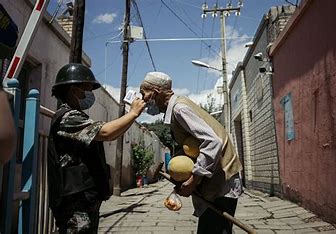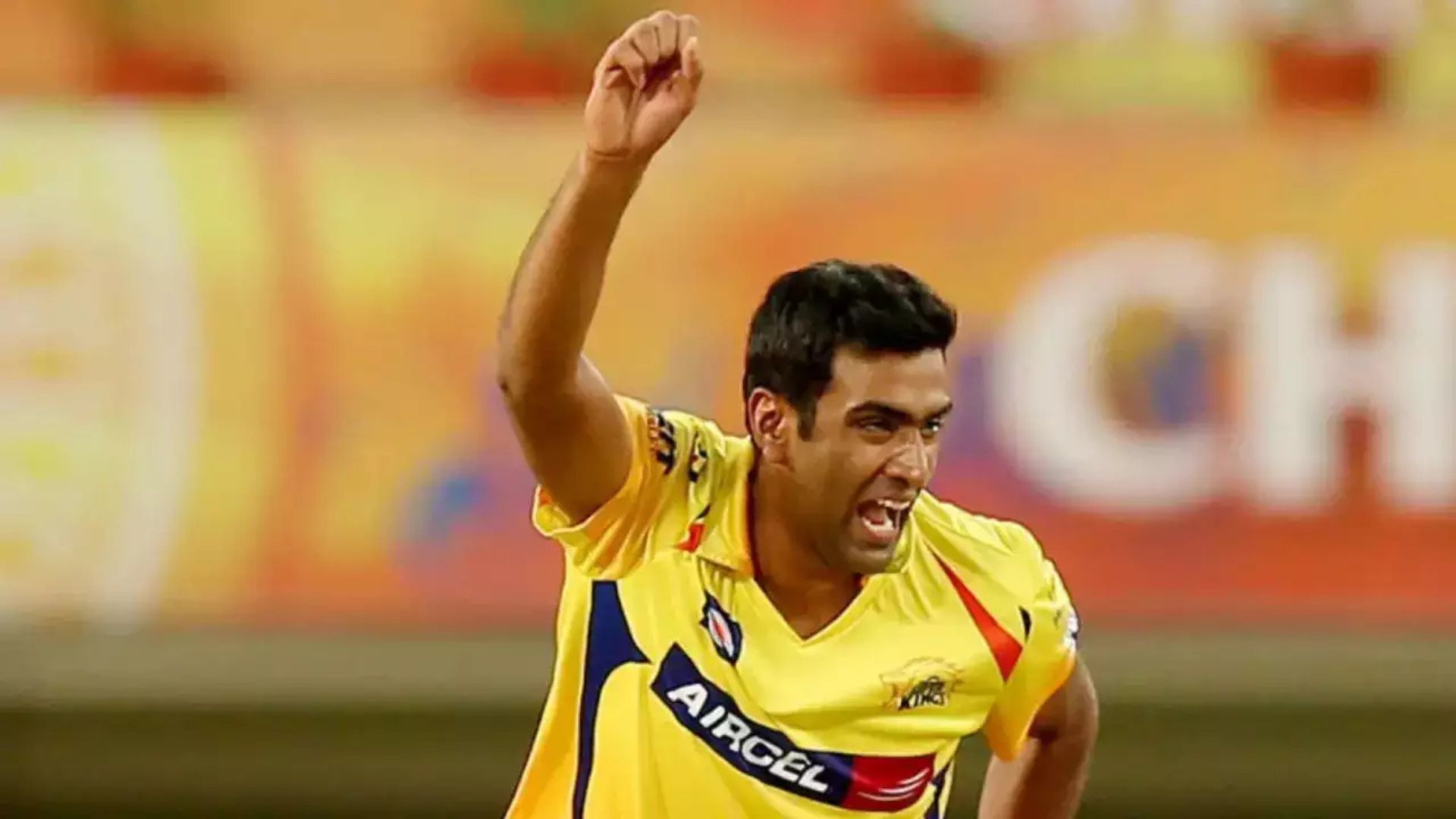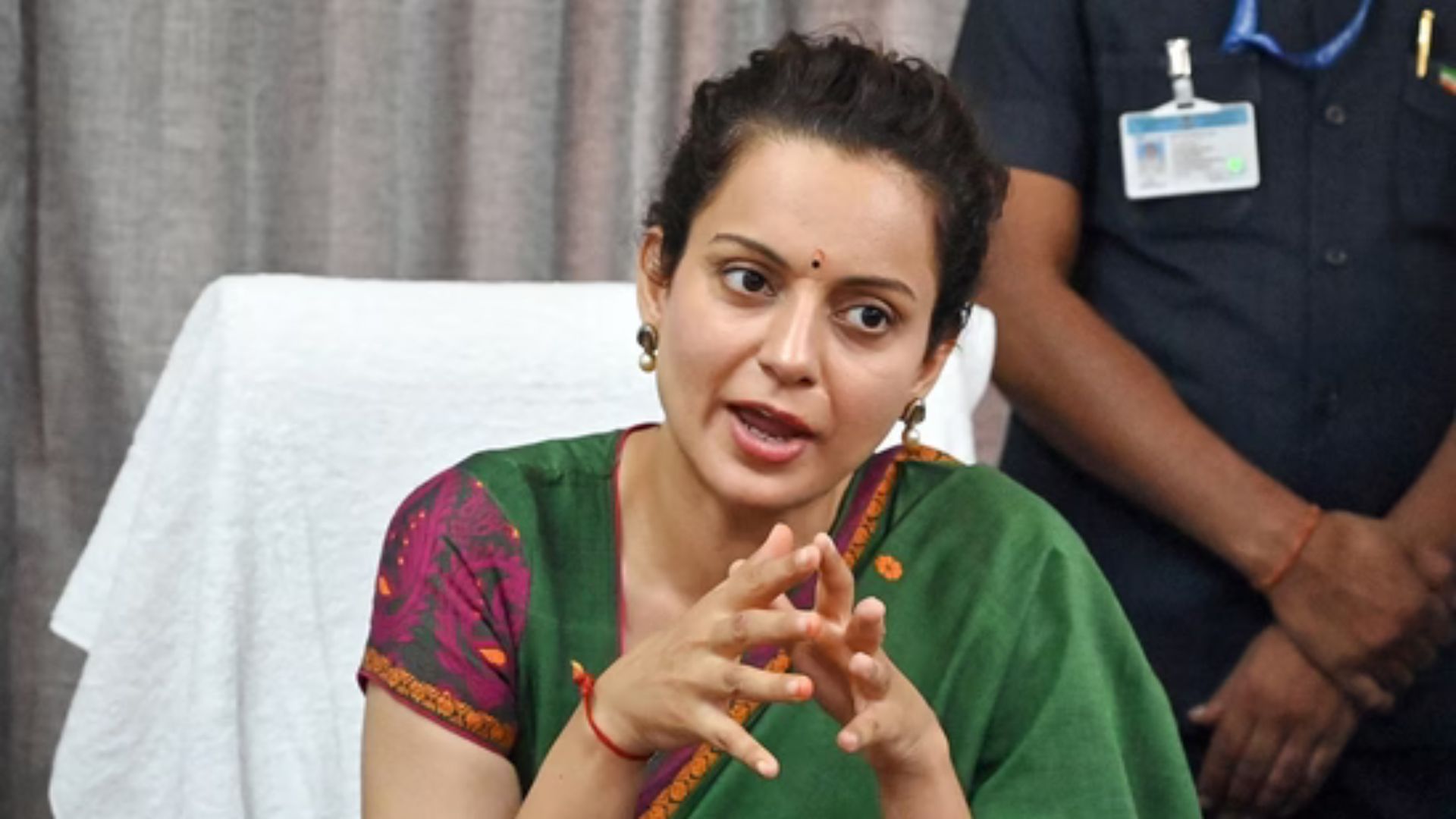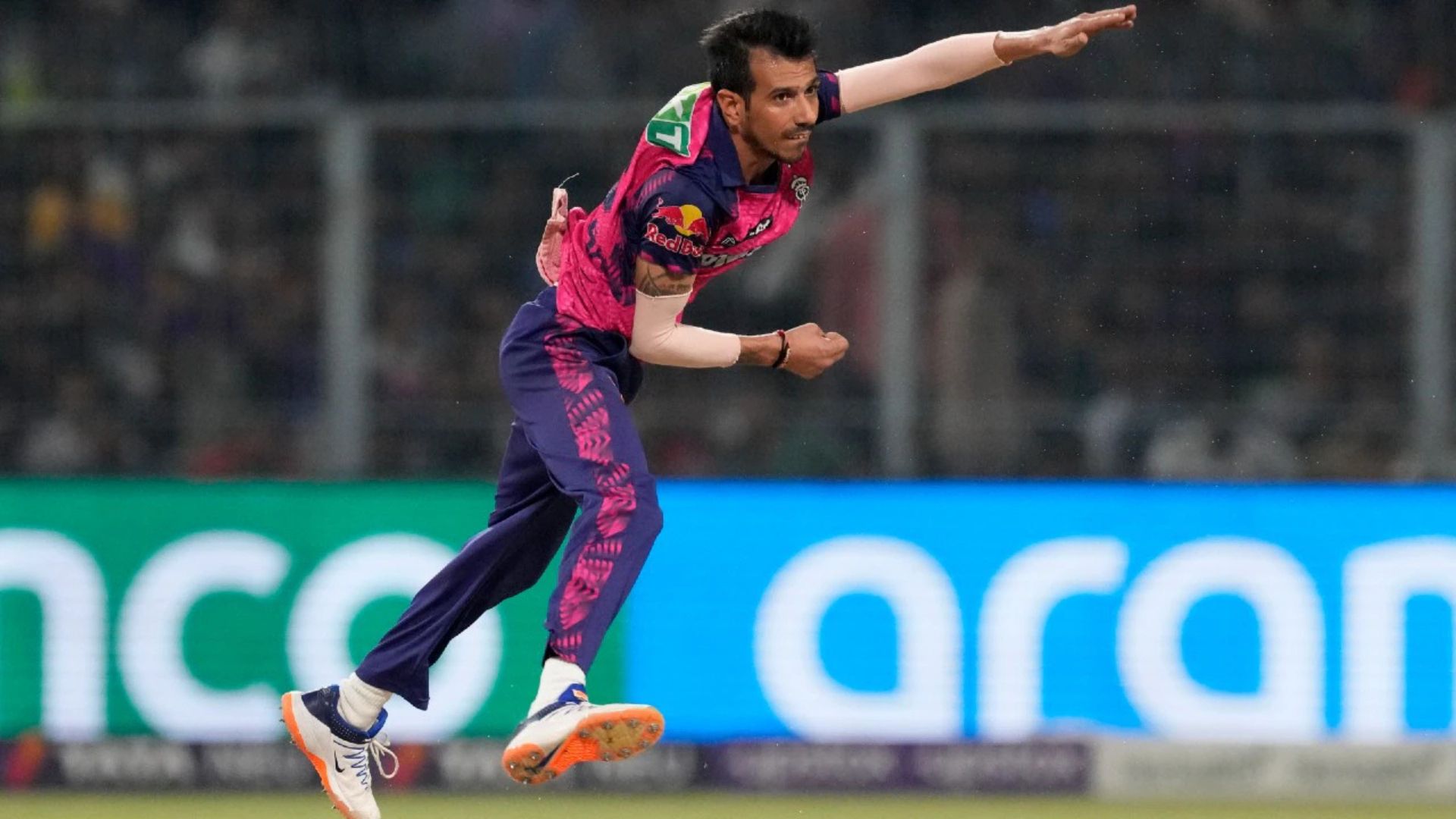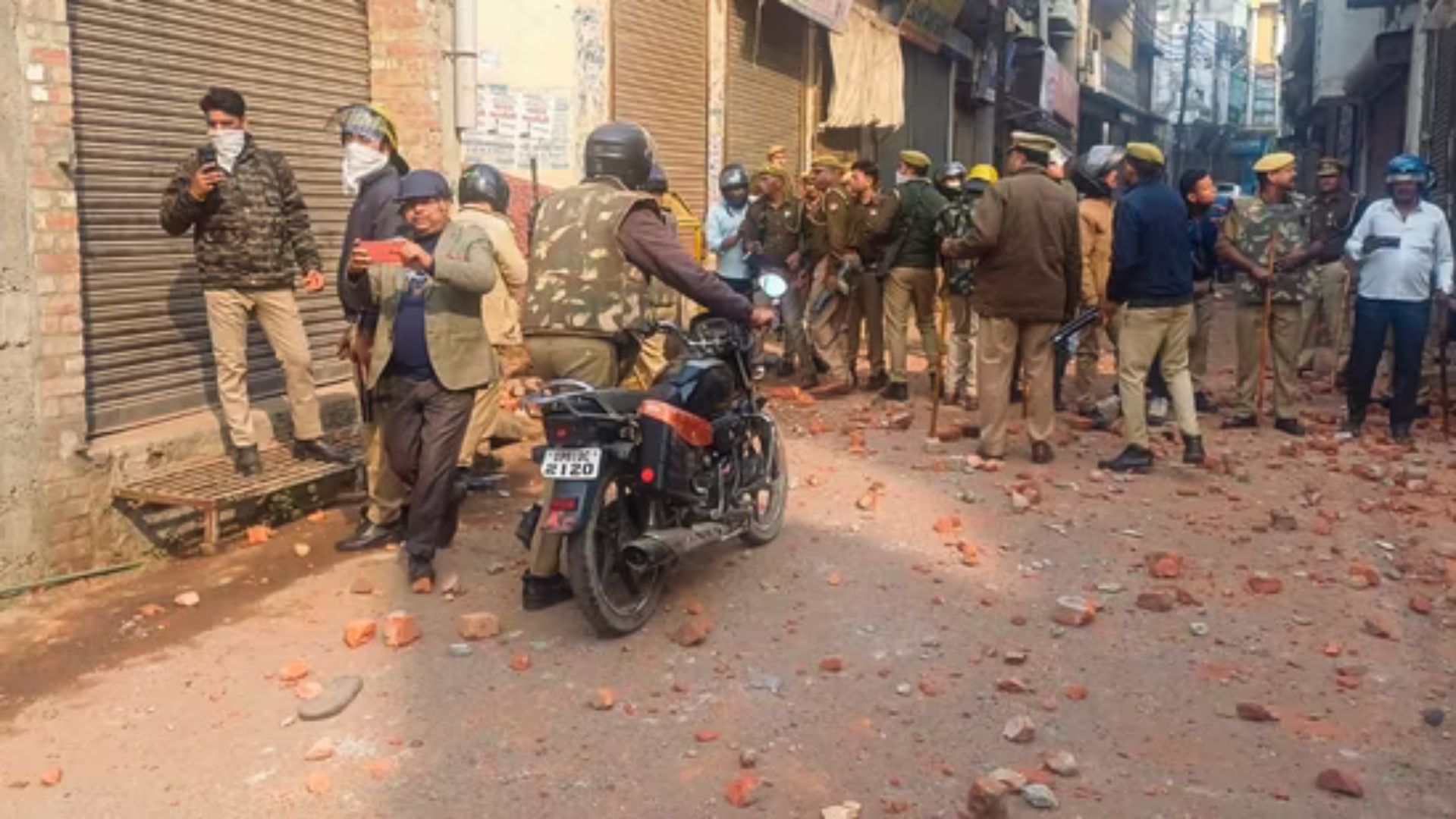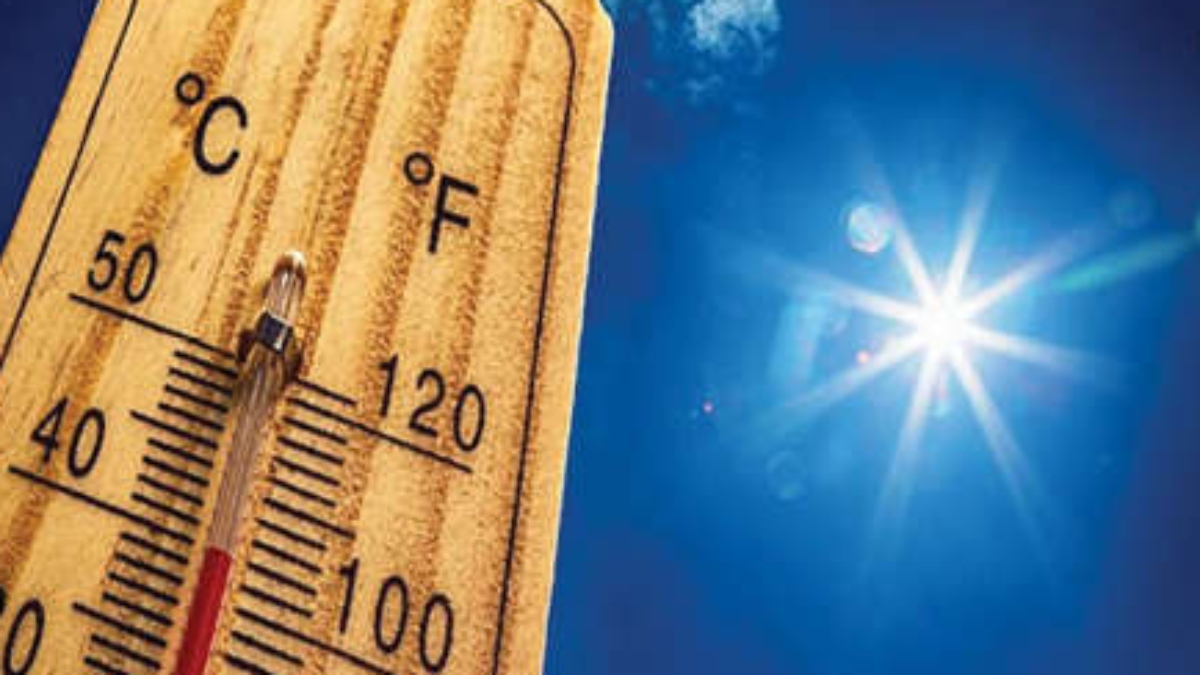
The country is experiencing a heatwave with temperatures in many parts of India above 46 degrees Celsius, resulting in states issuing orange alerts. High temperatures and extreme heat can cause children to become sick very quickly.
What is heat-related illness?
Heat-related illness occurs when the body severely overheats. This can occur when a child is exposed to high temperatures for a long period of time and the body’s ability to cope with the heat wears out. The health impacts of Heat Waves typically involve dehydration, heat cramps, heat exhaustion and/or heat stroke. The signs and symptoms are as follows:
Heat Cramps: Edema (swelling) and Syncope (Fainting) generally accompanied by fever below 39°C i.e.102°F.
Heat Exhaustion: Fatigue, weakness, dizziness, headache, nausea, vomiting, muscle cramps and sweating.
Heat Stoke: Body temperatures of 40°C i.e. 104°F or more along with delirium, seizures or coma. This is a potential fatal condition. Heat stroke can lead to damage of a child’s brain, heart, kidneys, and muscles.
During summer months, research shows that children may be more likely to visit the emergency department not only for heat-related illness, but also for bacterial intestinal infections, ear infections, nervous system diseases, or for any reason.
Exposure to extreme heat may also make it more difficult for students to do well in school.
Children at increased risk of heat- related illnesses
Anyone can develop heat-related illness, but some children may be at higher risk than others. Infants and young children, especially with chronic medical conditions like asthma and diabetes; Obese children; children on medications that can make it harder to cope with heat and Children living in urban slums.
Useful tips
Some useful tips to protect the children from heat-related illness and hazards are:
• Encourage children to drink water frequently and have it readily available—even before they ask for it.
• Dress children in clothing that is light-coloured, lightweight, and limited to one layer of absorbent material that will maximise the evaporation of sweat.
• Provide extra rest time to children.
• Keep the surroundings cool and when child is feeling hot, give him or her a bath or sponge the body with water to cool down.
• Never leave child in a car: The inside of a car can become dangerously hot in just a short amount of time, even with the windows open.
Government response
Ministry of Health & Family Welfare, Govt. of India has asked all states and union territories to review their health facility preparedness for the availability of all essential medicines and equipment amid the rising temperature and heatwave in several parts of the country. States have been advised to continue efforts on sensitisation and capacity building of medical officers, health staff and grassroots level workers on heat illness, its early recognition and management.
National Disaster Management Authority (NDMA), Government of India advises following measures to minimise the impact during the heat wave and to prevent serious ailment or death because of heat stroke:
§ Avoid going out in the sun, especially between 12.00 noon and 3.00 p.m.
§ Drink sufficient water and as often as possible, even if not thirsty
§ Wear lightweight, light-coloured, loose, and porous cotton clothes. Use protective goggles, umbrella/hat, shoes or chappals while going out in sun.
§ Avoid strenuous activities when the outside temperature is high. Avoid working outside between 12 noon and 3 p.m.
§ While travelling, carry water with you.
§ Avoid alcohol, tea, coffee and carbonated soft drinks, which dehydrates the body.
§ Avoid high-protein food and do not eat stale food.
§ If you work outside, use a hat or an umbrella and also use a damp cloth on your head, neck, face and limbs
§ Do not leave children or pets in parked vehicles
§ If you feel faint or ill, see a doctor immediately.
§ Use ORS, homemade drinks like lassi, torani (rice water), lemon water, buttermilk, etc. which helps to re-hydrate the body.
§ Keep animals in shade and give them plenty of water to drink.
§ Keep your home cool, use curtains, shutters or sunshade and open windows at night.
§ Use fans, damp clothing and take bath in cold water frequently.
Parents are advised to be vigilant and aware on protective measures during heat wave. They should immediately seek medical care if child develops symptoms like extreme tiredness, feeling faint, intense thirst, vomiting, headache, fever, fast breathing, muscle aches or spasms.
The writer is a Senior Consultant Health, Save the Children.
